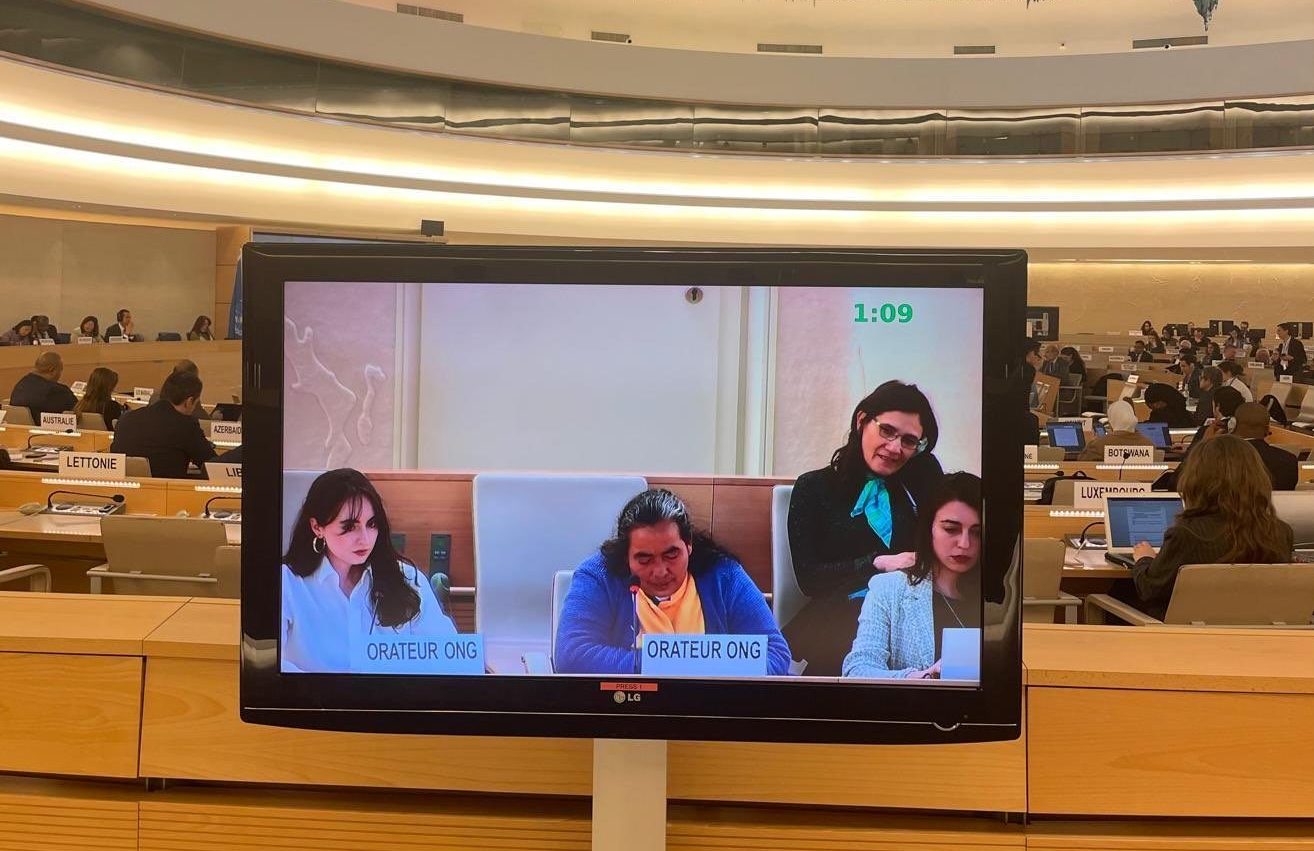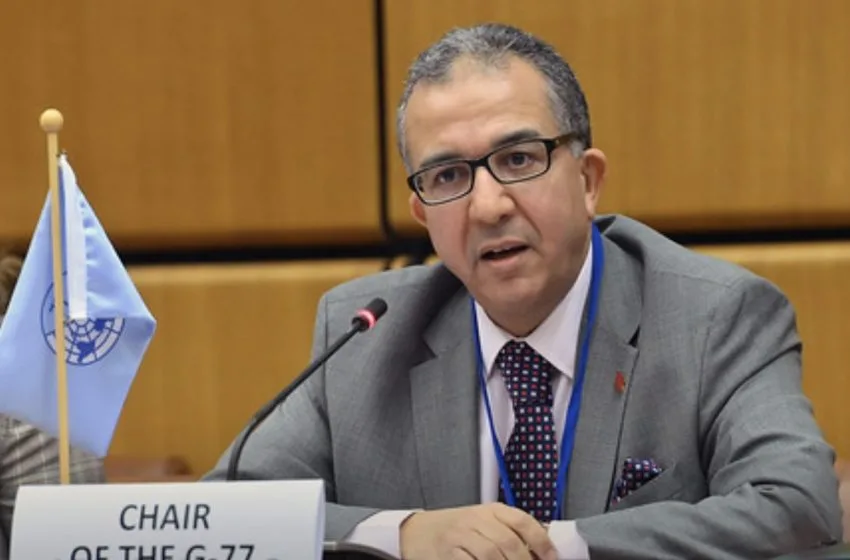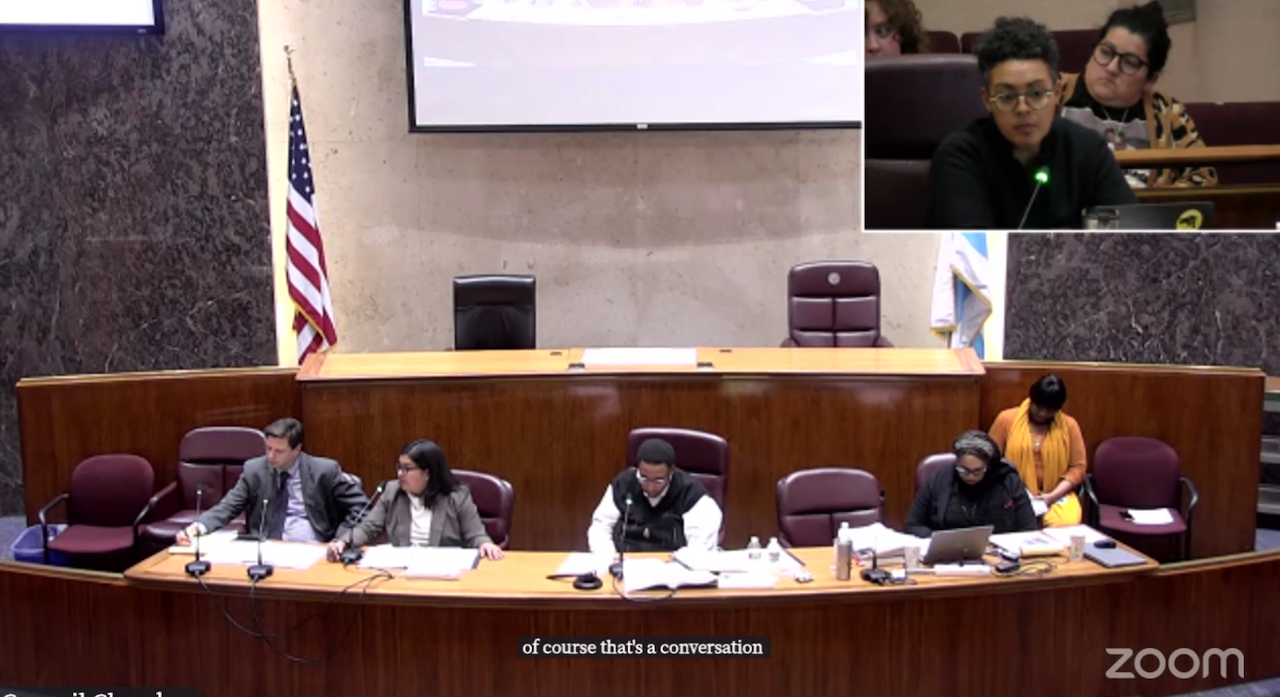Behind Closed Doors: How Big Corporations Are Undermining Earth's Future

For decades, a fascinating pattern has emerged in the world of regulatory oversight: powerful corporations subtly manipulating the very institutions designed to keep them in check. This phenomenon, known as corporate capture, reveals a complex dance of influence where industry giants strategically shape regulatory frameworks to serve their own interests.
Researchers have spent over eight decades meticulously documenting how corporations can gradually infiltrate and influence regulatory agencies, transforming oversight mechanisms into tools that ultimately protect corporate agendas rather than public welfare. From subtle lobbying efforts to strategic personnel placements, these industries develop sophisticated strategies to bend regulatory systems in their favor.
The concept of corporate capture goes beyond simple corruption—it represents a systemic challenge where economic power translates into institutional control, blurring the lines between regulation and corporate strategy. By understanding these dynamics, policymakers and citizens can work towards creating more transparent and genuinely independent regulatory environments that truly serve the broader public interest.








